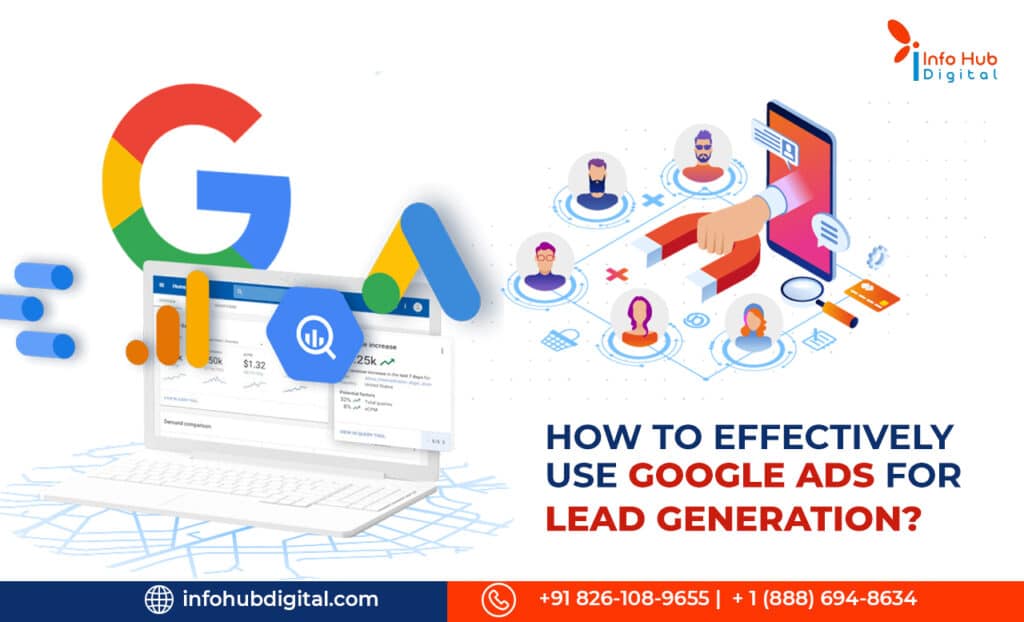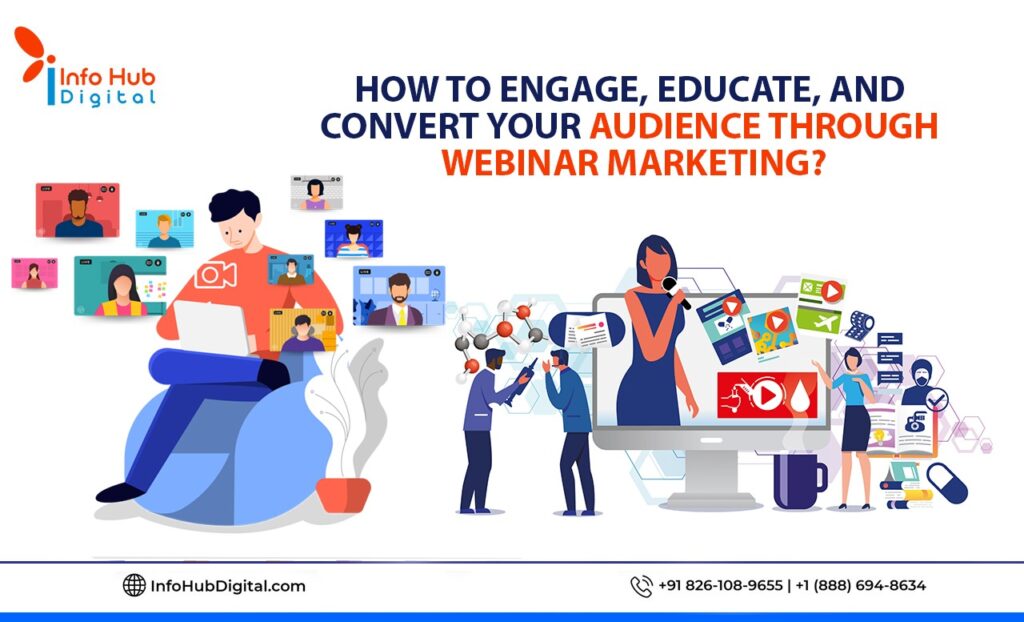As a business owner, it is essential to have a strong online presence in today’s digital age. This is where search engine marketing services providers can play a vital role in enhancing your business’s online visibility. By partnering with such providers, you can leverage Google Ads, which is undoubtedly the most popular search engine on the internet, with over 246 million unique visitors. With the right strategies and techniques, Google Ads can help you reach your target audience effectively and generate quality leads.
In this article, we will delve into some of the best practices and tips for using Google Ads to generate leads and enhance your business’s online presence.
Table of Contents
1. Define Clear Goals
Before creating a Google Ads campaign, it’s essential to define clear business goals. What are you trying to accomplish? Are you looking to increase sales, drive website traffic, or generate leads? Having a clear understanding of your goals will enable you to create effective ad campaigns that align with your business objectives.
2. Choose the Right Keywords
Keywords are the foundation of any Google Ads campaign, and selecting the appropriate keywords is crucial to campaign success. Conduct thorough keyword research to identify keywords that are relevant to your business and have high search volume. You can use tools like Google’s Keyword Planner to discover the best keywords for your ad campaigns.
3. Create Compelling Ad Copy
After identifying the right keywords, it’s time to craft compelling ad copy that entices users to click on your ads. Use attention-grabbing headlines, persuasive descriptions, and clear calls-to-action (CTAs) to encourage users to take action. Your ad copy should be relevant to your target audience and communicate the benefits of your product or service clearly.
4. Utilize Ad Extensions
Ad extensions are additional pieces of information that can be added to your ads to make them more useful to users. Ad extensions can include things like phone numbers, location information, and links to specific pages on your website. By leveraging ad extensions, you can provide users with more relevant information about your business, which can increase click-through rates and conversions.
5. Target the Right Audience
One of the significant advantages of Google Ads is the ability to target specific audiences. You can target users based on their location, age, gender, interests, and other factors. By targeting the appropriate audience, you can ensure that your ad campaigns are reaching the people who are most likely to be interested in your products or services.
6. Monitor and Optimize Your Ads
Regular monitoring and optimization of your ads are essential to the success of your campaign. Review your ad performance regularly and make adjustments as needed to improve click-through rates, conversion rates, and other key metrics. Utilize tools like Google Analytics to track your ad performance and identify areas for improvement.
7. Explore Various Ad Formats
Google Ads provides several advertising formats such as text ads, display ads, video ads, and shopping ads. Trying out various ad formats is essential to determine the most effective ones for your business. As an example, if you have an e-commerce store, you might discover that shopping ads yield better results compared to text ads.
Conclusion
Google Ads can be an effective tool for generating leads for your business. By defining clear goals, selecting the appropriate keywords, crafting compelling ad copy, utilizing ad extensions, targeting the appropriate audience, monitoring and optimizing your ads, and experimenting with different ad formats, you can create effective ad campaigns that help you reach your target audience and generate leads.
If you require assistance with your Google Ads campaigns, Info Hub Digital can help. As a leading digital marketing service provider in India and the USA, we specialize in developing customized digital marketing strategies that drive results for our clients. Contact us today to learn more about how we can help you with your Google Ads campaigns.







